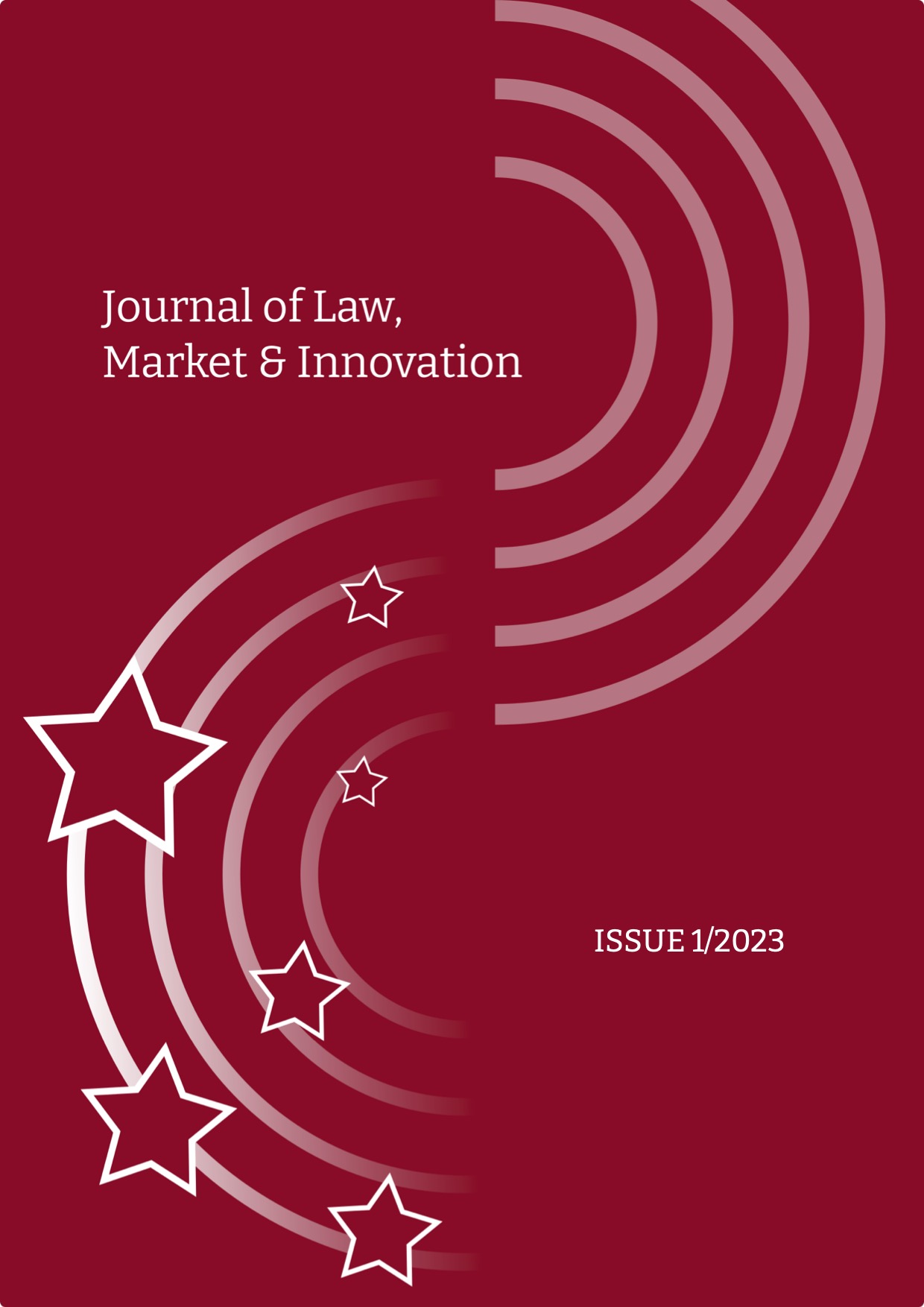“Big Tech” responsible business conduct. Transparency and due diligence obligations for online platforms and safer space online users’ fundamental rights, now and in Metaverse
DOI:
https://doi.org/10.13135/2785-7867/7439Keywords:
Platform economy, Artificial Intelligence, Metaverse, Responsible Business ConductAbstract
Platform economy has substantially changed traditional business organization, market structure and contractual power relations. Digital platforms in fact impose their terms to all the users: no room for negotiation and reduced ability of the traders to influence the rules of the game. The positive fact is that digital platforms have strong interest in reducing risks and guaranteeing safe transactions. For such a reason the U.S. legal system - used to facilitate running business, with no overruling approach - adopted a “laissez faire” approach. European approach, on the contrary, is aimed at regulating digital markets and Artificial Intelligence (“AI”), on which relevant transactions are based. Insofar contracts are concluded in a condition of unequal contractual power to the advantage of platforms, disparities should be countered, at least to safeguard users’ fundamental rights. In a marketplace governed by obscure algorithms public control is extremely difficult and, for such a reason, self-regulation becomes crucial. That applies not only to current scenario, but also to the incoming Metaverse dimensions under establishment, which offer room enough for fixing appropriate rules of engagement between digital platforms on one side and private and professional users on the other side, for the benefit of end users worldwide. Responsible Business Conduct (“RBC”) is so expected to evolve also at Metaverse level, with an AI systems’ structure that must comply with rule of law and respect human rights, democratic values and diversity. All that originated from OECD evidence-based international standards. Platforms are so expected to be more and more transparent and accountable and applicable regulations are increasingly focusing on good faith efforts to protect centrality of fundamental human rights vis-à-vis Big Techs. The question is if self-regulation and ethical guidelines and standards could really represent safeguard enough against bad and unproper use of AI also in the on-going Metaverse development, where fundamental human rights are and must remain central, by avoiding and sanctioning any sort of manipulation or harm. That represents a new test field for the legal community everywhere in the world, namely in terms of law enforcement, where the Metaverse has potential to provide many benefits, namely including telecommuting, matchmaking, and preservation of data, but also possibility to add new and unregulated risks.



 EJIF has been approved for inclusion in
EJIF has been approved for inclusion in  The Journal of Law, Market & Innovation is indexed in
The Journal of Law, Market & Innovation is indexed in  The Journal of Law, Market & Innovation is indexed in
The Journal of Law, Market & Innovation is indexed in  The Journal of Law, Market & Innovation is indexed in
The Journal of Law, Market & Innovation is indexed in  The Journal of Law, Market & Innovation is indexed in
The Journal of Law, Market & Innovation is indexed in  The JLMI is classified as a "Class A" journal for Law (Area 12) by the Italian
The JLMI is classified as a "Class A" journal for Law (Area 12) by the Italian 
